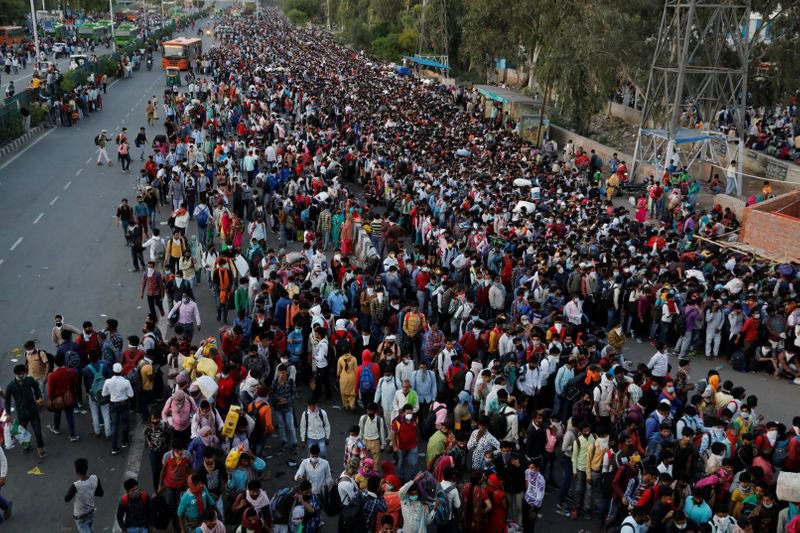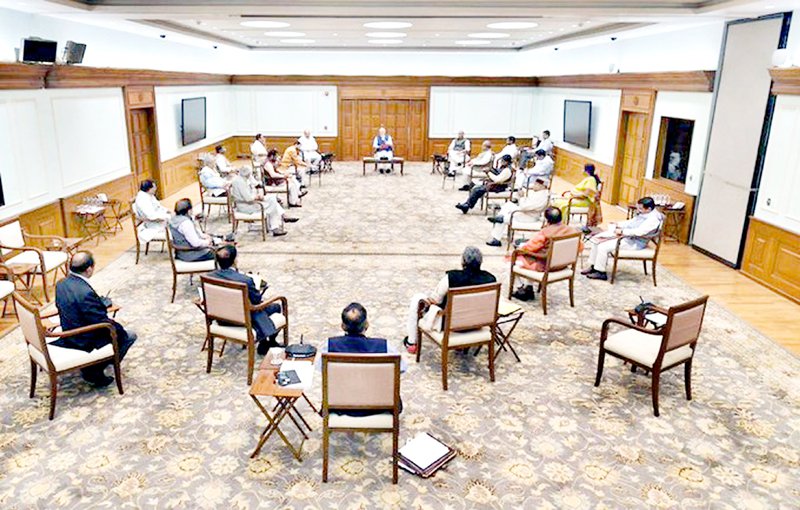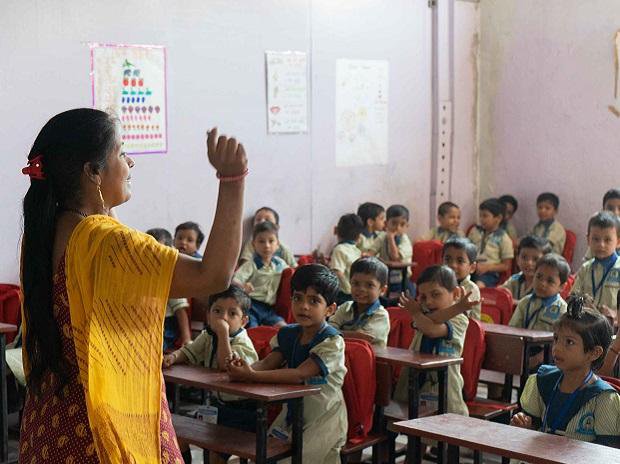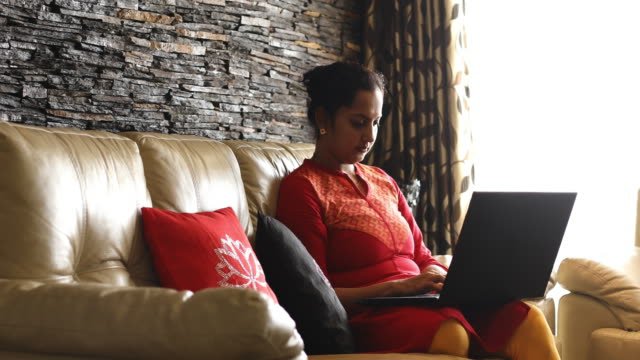While the lockdown has made us kind of accustomed to the life we are living in right now, it has also led to concerns about life after the lockdowns.

With hundreds losing their jobs, thousands dying due to the spread, lakhs dealing with stress and anxiety, we all are concerned about what our lives will be after the pandemic is over.

Like any other crisis, this pandemic will also change the way we function, the way we think, the way we socialise, everything will be changed.
Covid-19 pandemic has put the governments at the forefront of the response. There is now a greater questioning of why the role of the government has been needlessly reduced in many countries.

India too has edged towards an inaccurate consensus that we need to keep the government small, which is most likely to be changed.
Dealing with the crisis has led the governments to discover the powers they either did not know of or weren’t willing to use.
Demands for strengthened health care, better social security nets that have been denied for long are believed to rise due to people’s exposure to what the government can do beyond what people would have expected only a few weeks ago.

For long, there has been an uncritical acceptance of lower wages in some jobs such as nursing and teaching.
Caught in the middle of a pandemic, these groups have gained an utter importance. This does not just include doctors and nurses fighting the disease upfront but also teachers, delivery staff, store clerks and bank tellers.

It is believed that an additional income support could be promised to these groups due to the personal risks taken by them in order to keep the essential services running.
In India, there should now be a strong case to increase spending on health care and insurance. Budget 2021 will hopefully place greater importance on these.

Large-scale unemployment, partly caused by a potential economic slowdown, will damage the economy. Governments will need to implement Keynesian steps to create more jobs and would be well advised to breach their current fiscal target.

It is also believed to trigger fundamental changes in the workplace and in education. “Instead of asking, ‘Is there a reason to do this online?’ we’ll be asking, ‘Is there any good reason to do this in person?’” wrote Georgetown linguistics professor Deborah Tannen.

Despite opposition from bureaucrats and unions, “COVID-19 will sweep away many of the artificial barriers to moving more of our lives online,” wrote Reason magazine’s Katherine Mangu-Ward. This has huge implications for climate change because much less work- and school-related travel would mean a sharp cut in the release of dangerous emissions.

The openness to the greater use of technology might be beneficial for working mothers, those with ageing parents, and the disabled have requested organisations to display greater flexibility in offering work-from-home (WFH) options.

However, many companies have generally offered WFH facilities for a maximum of two or three days a month. The pandemic has shown people the possibility of managing parts of businesses on a remote basis.
This is a dramatic change in lifestyle which can expect a larger share of women in the workforce, which has been dropping in India in recent years. It also has immense implications for mental health.

Technology and social media are already linked to an epidemic of loneliness and depression. Now we’ll be more alone than ever.

















